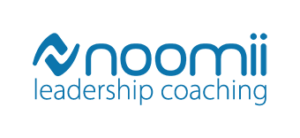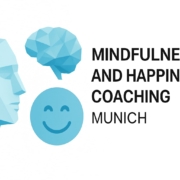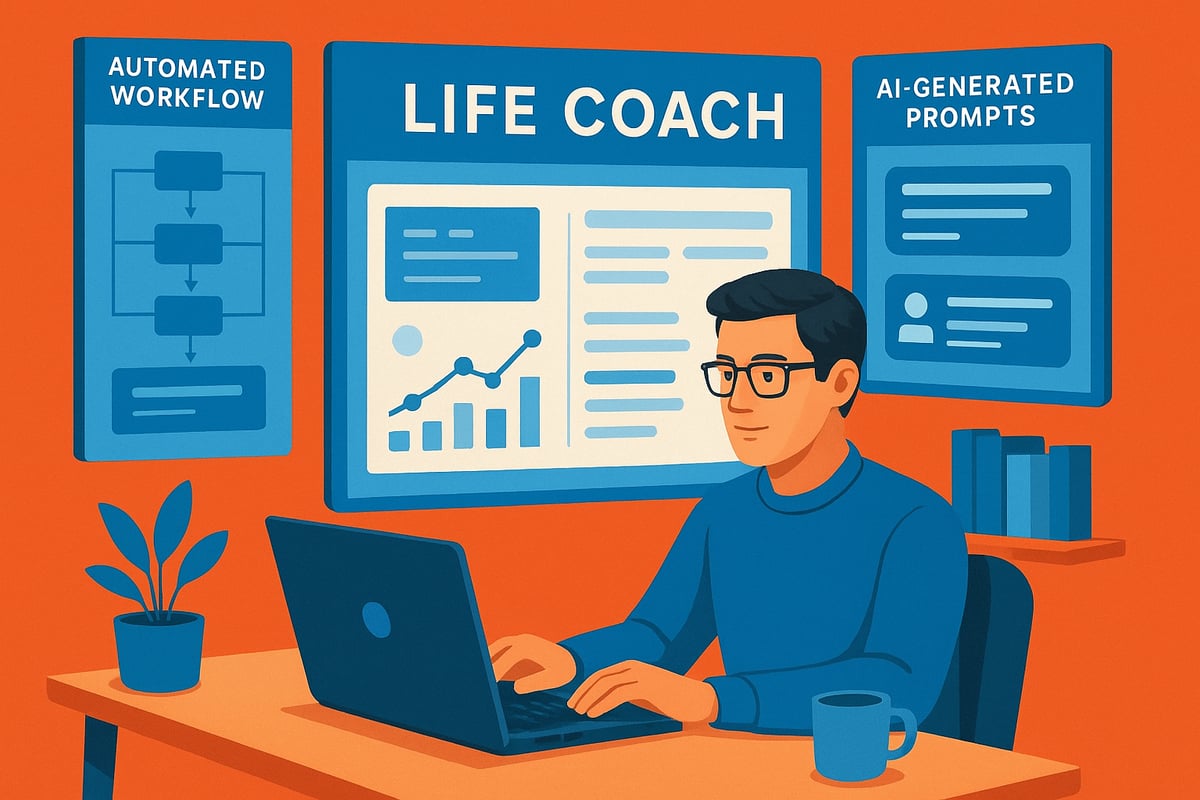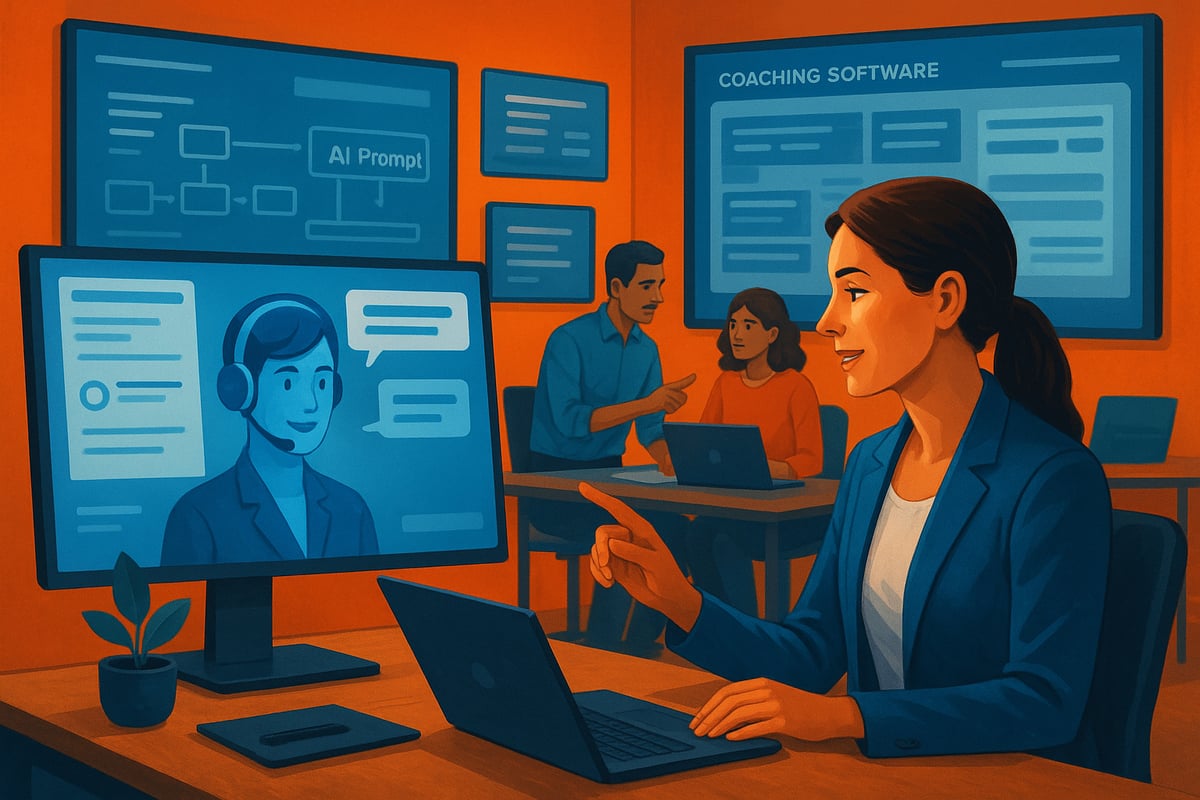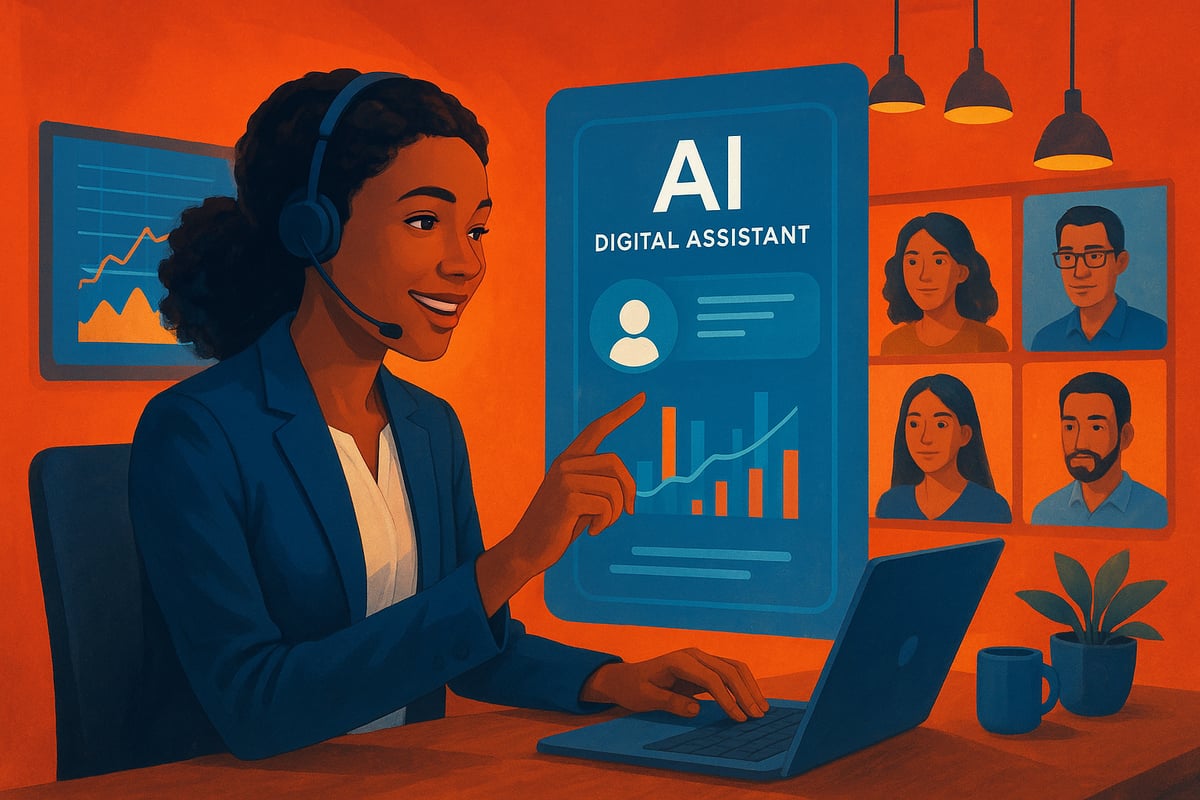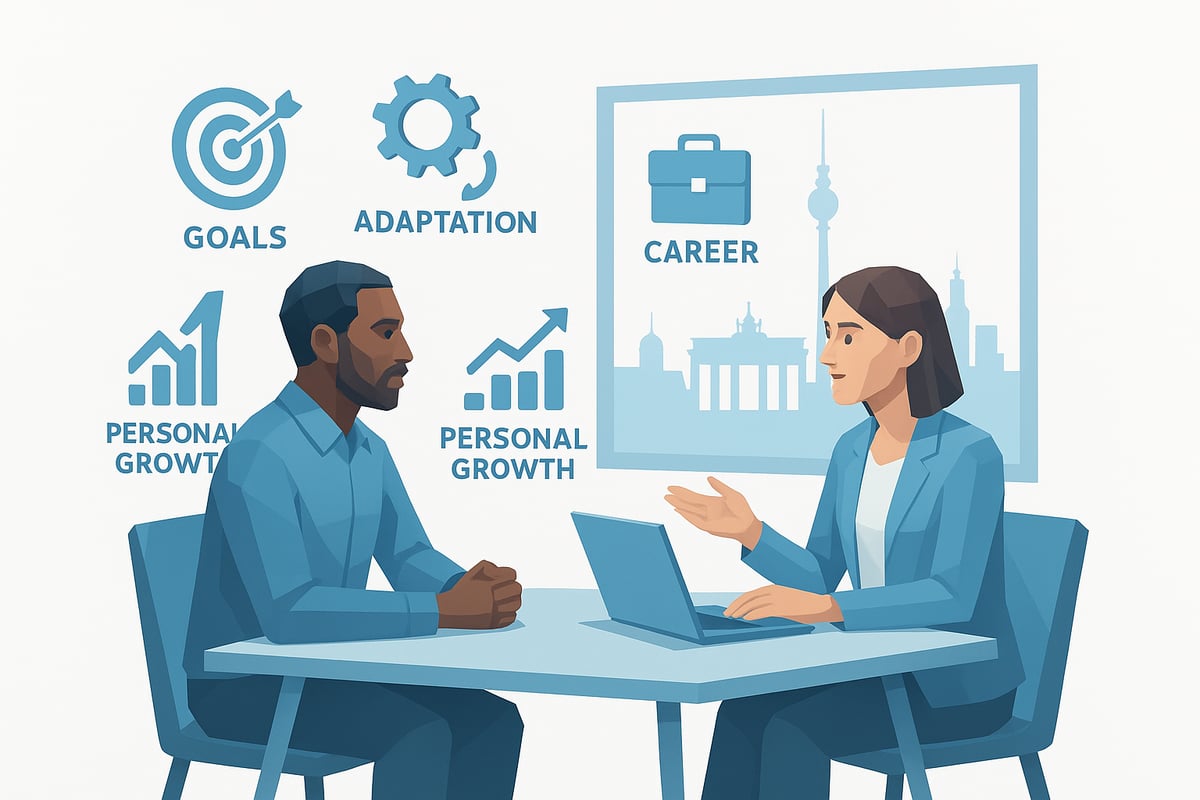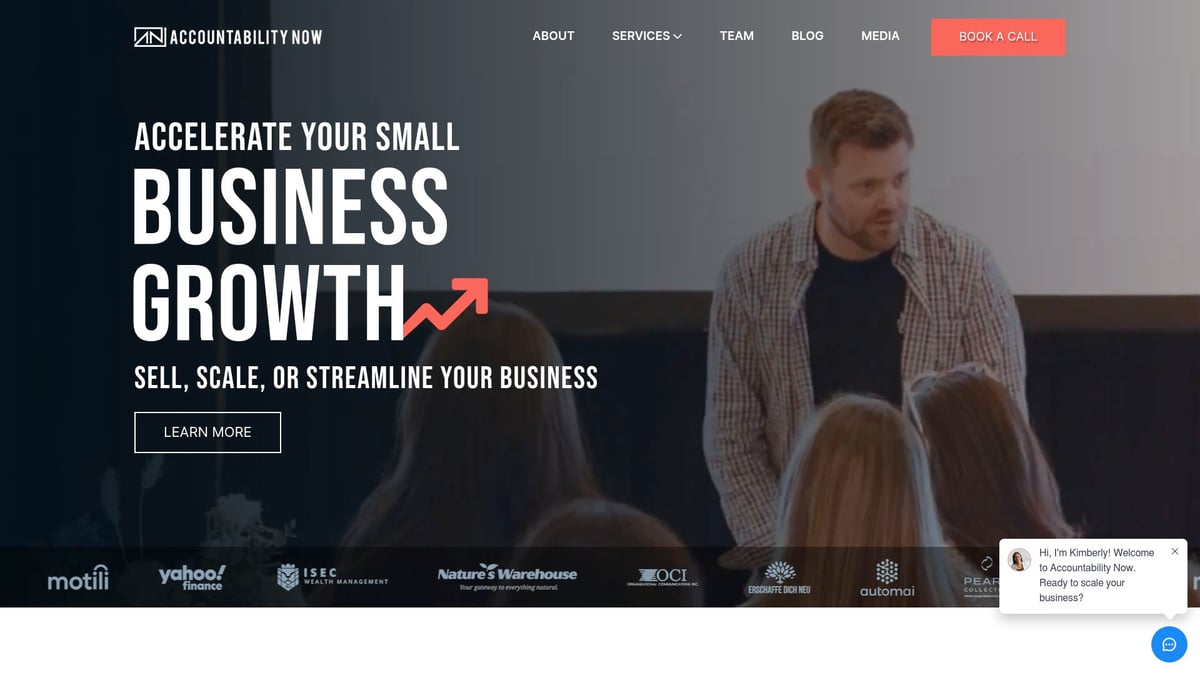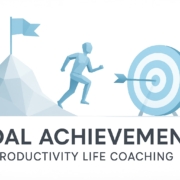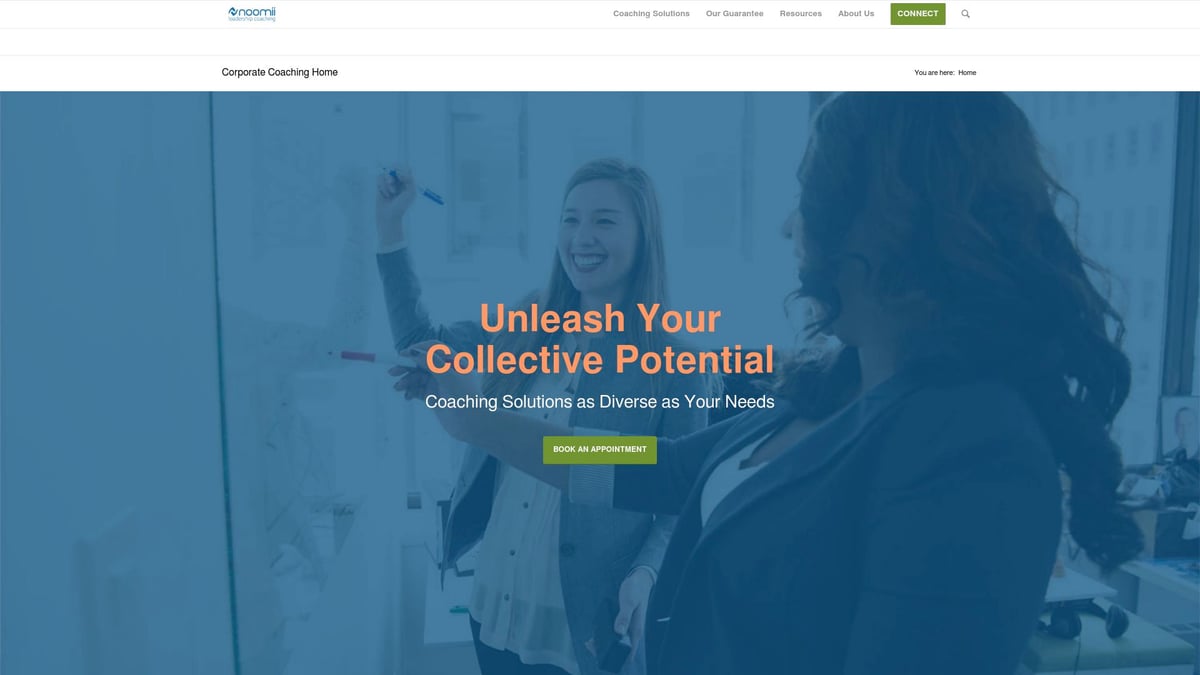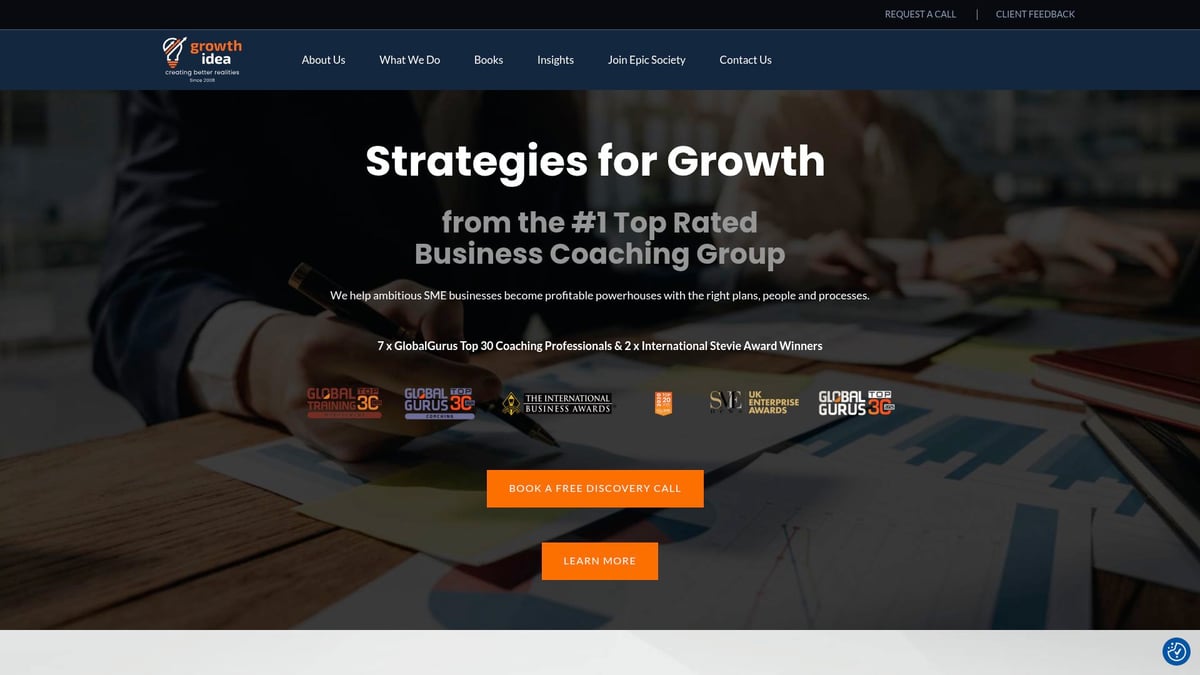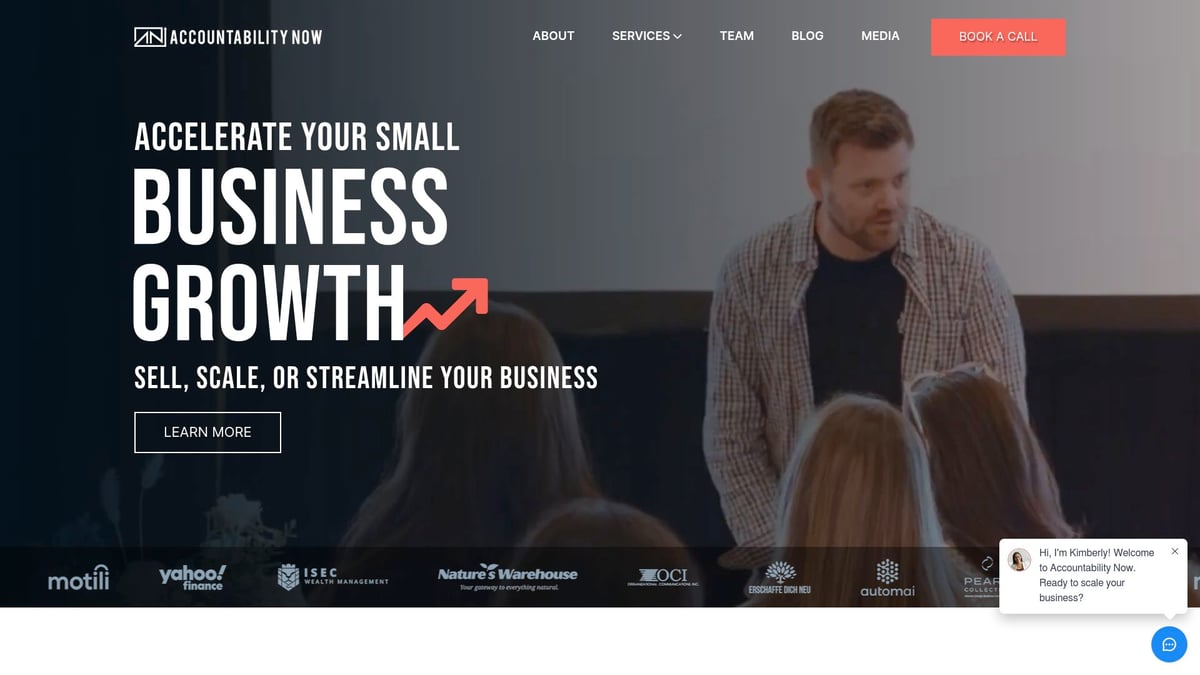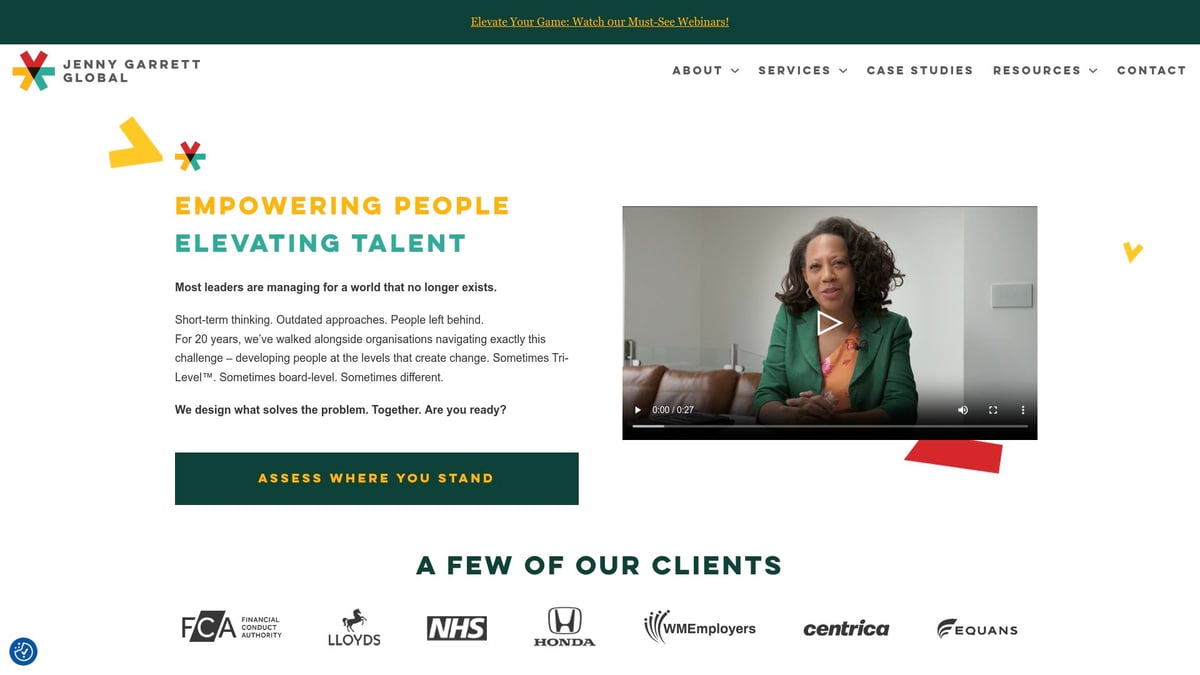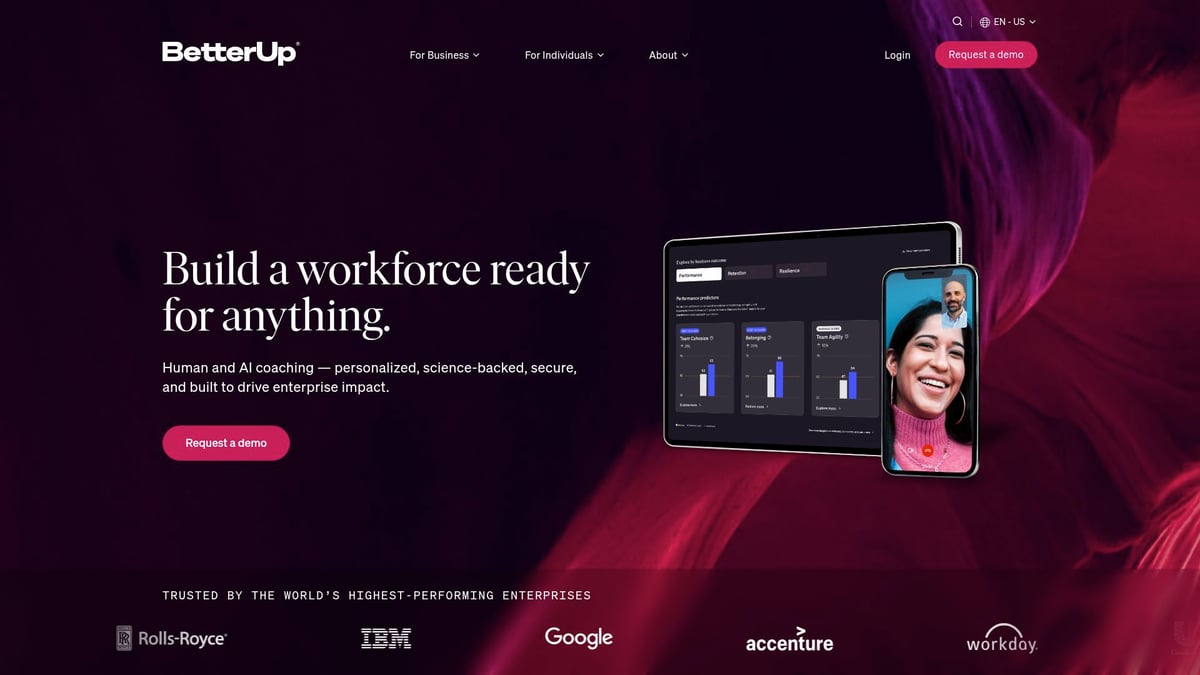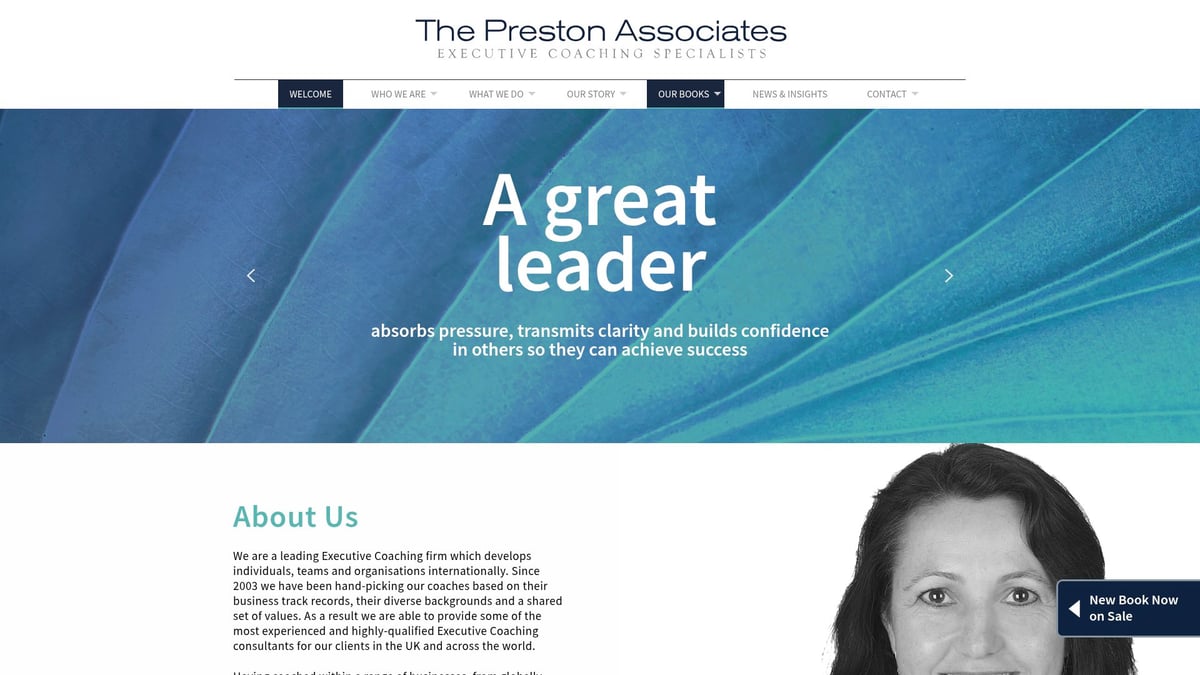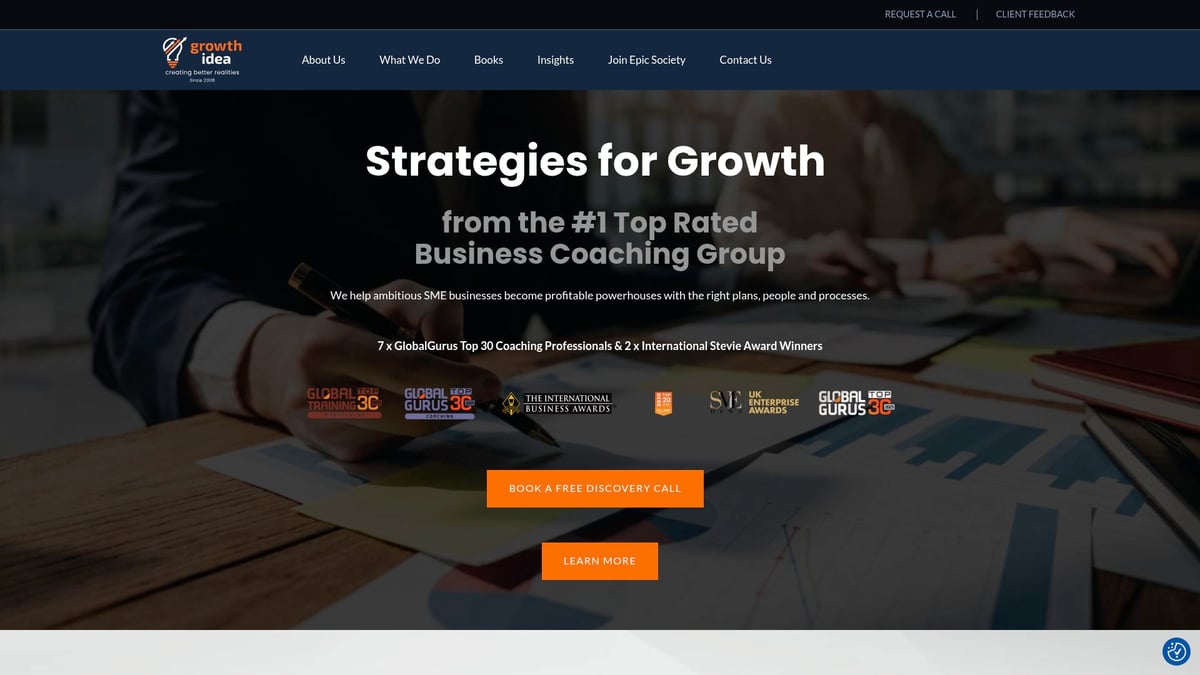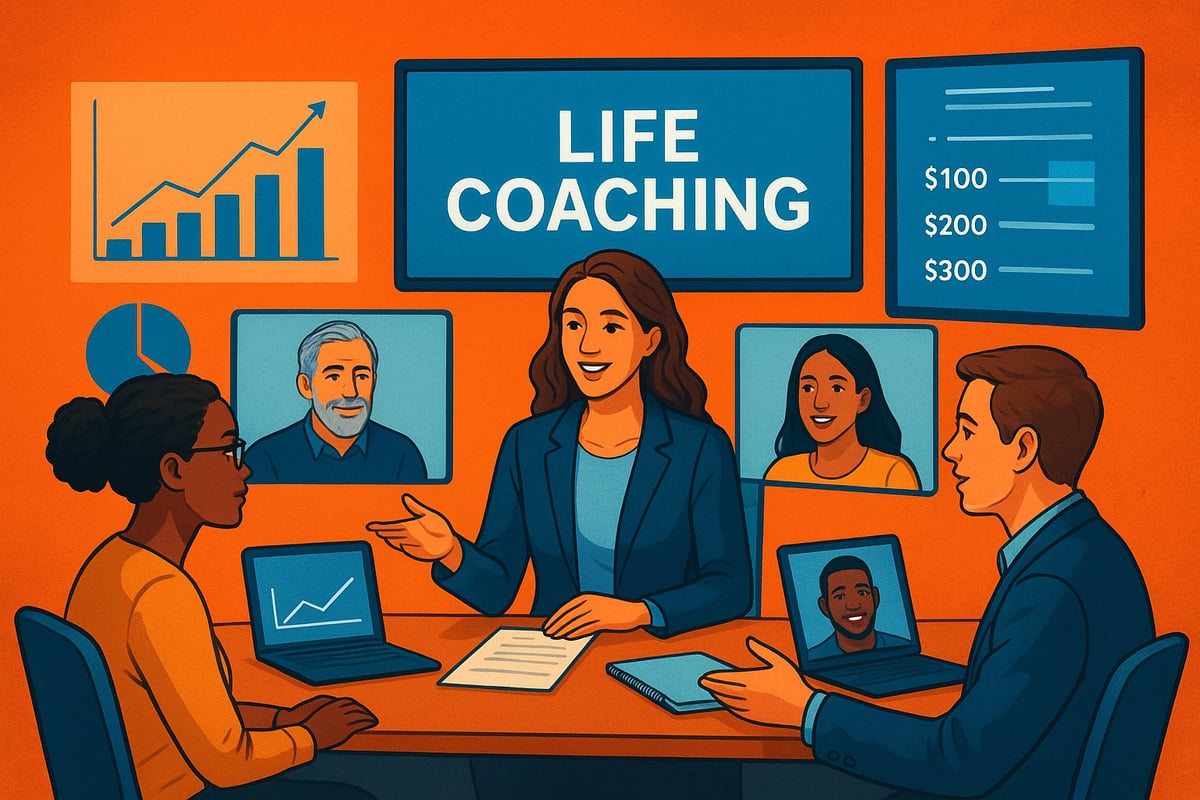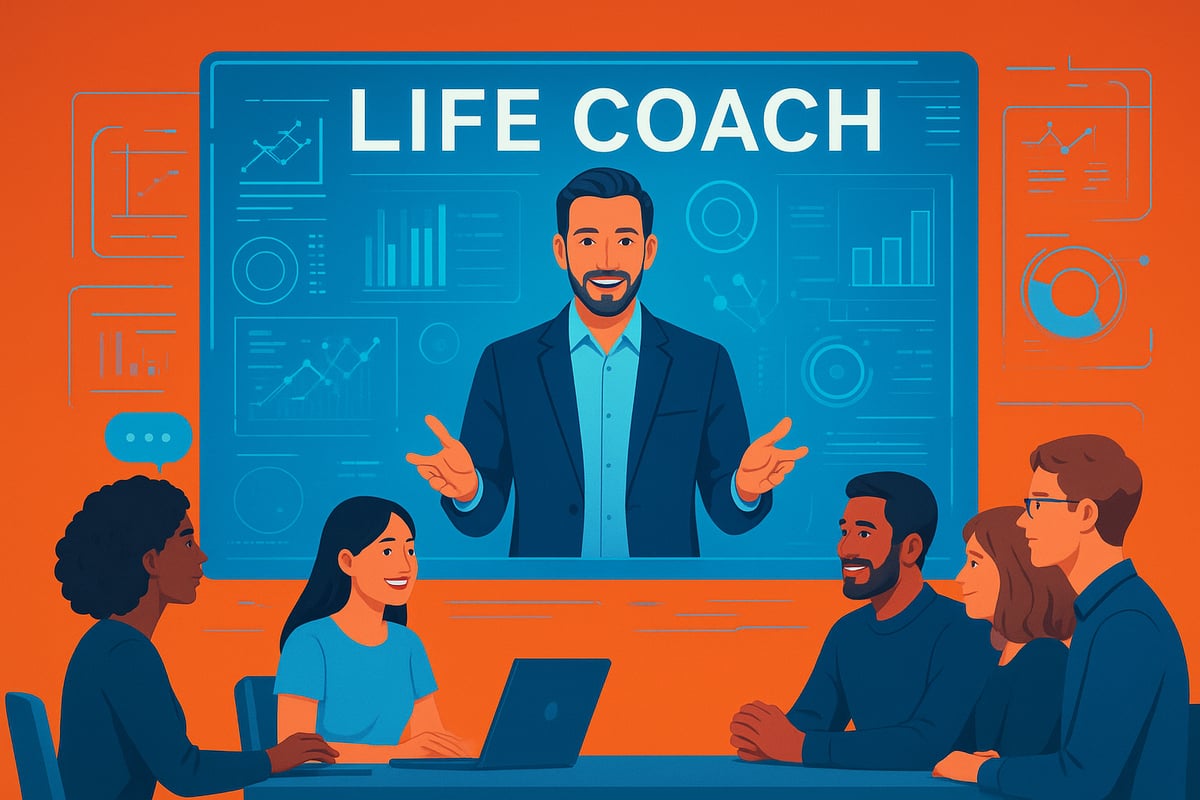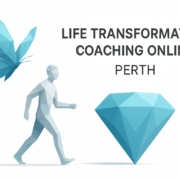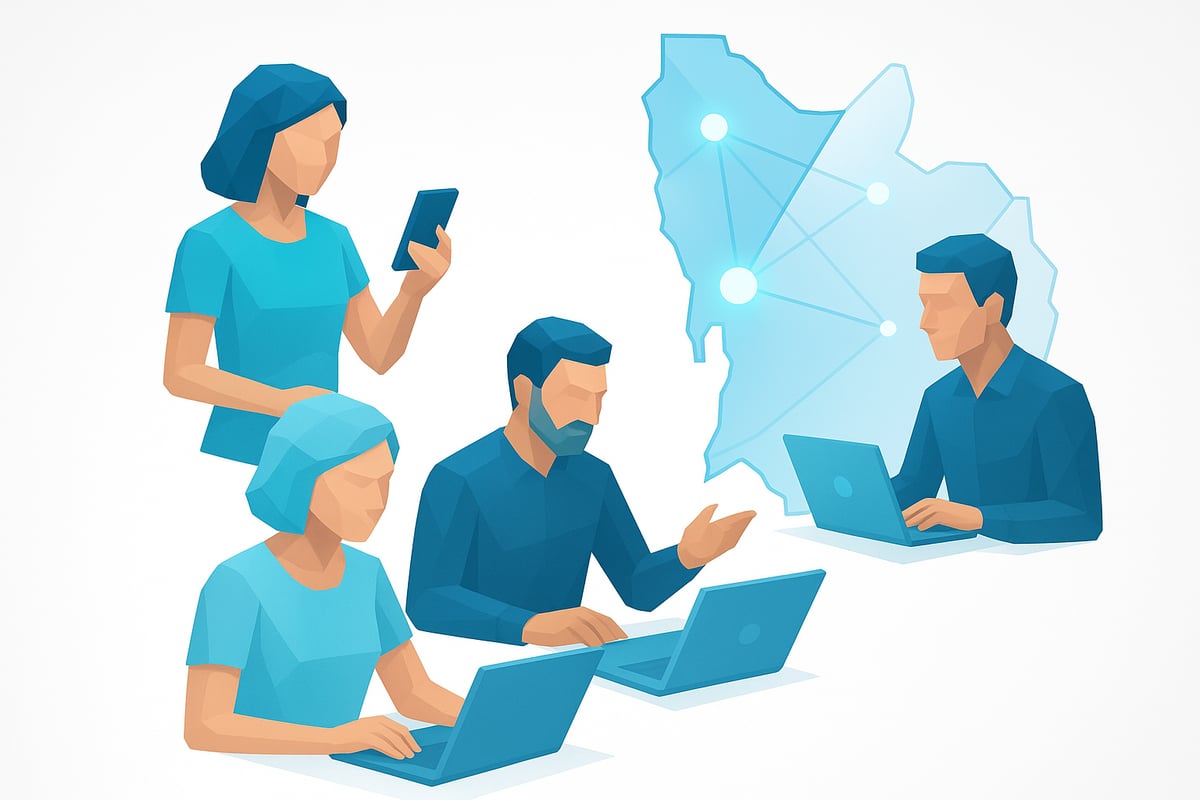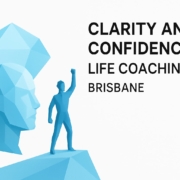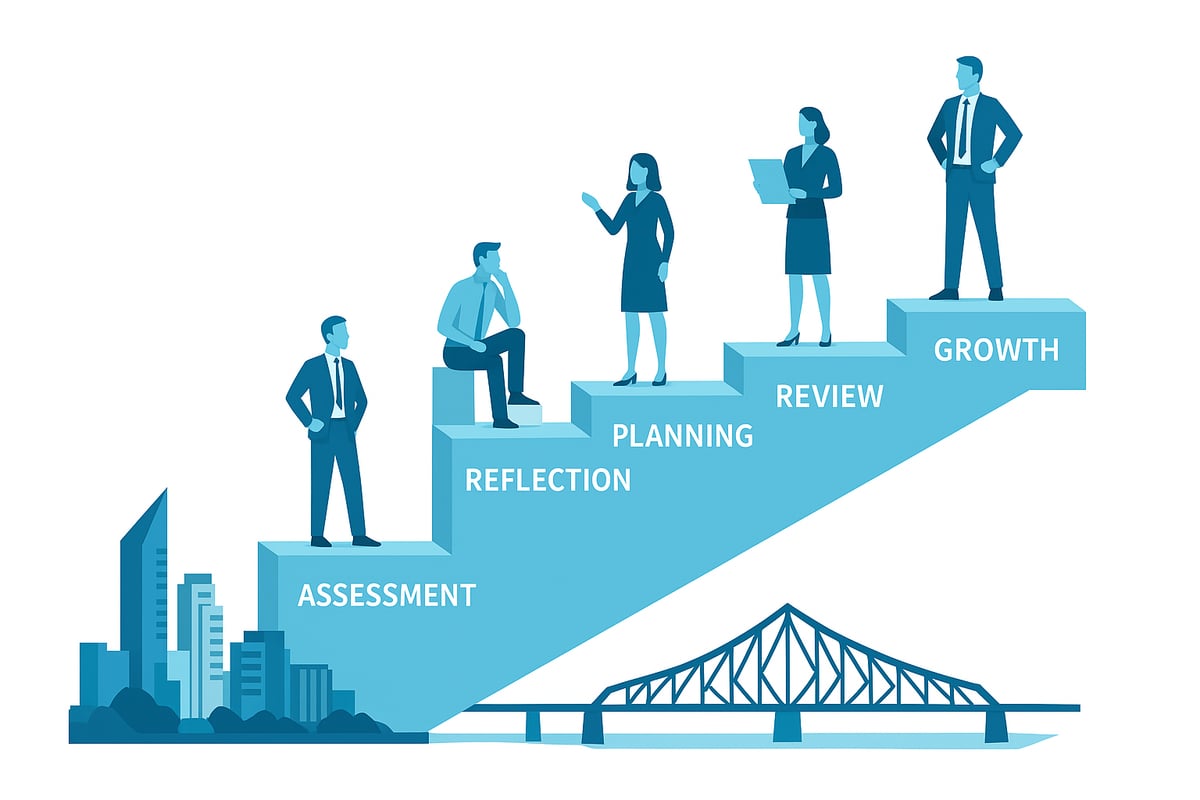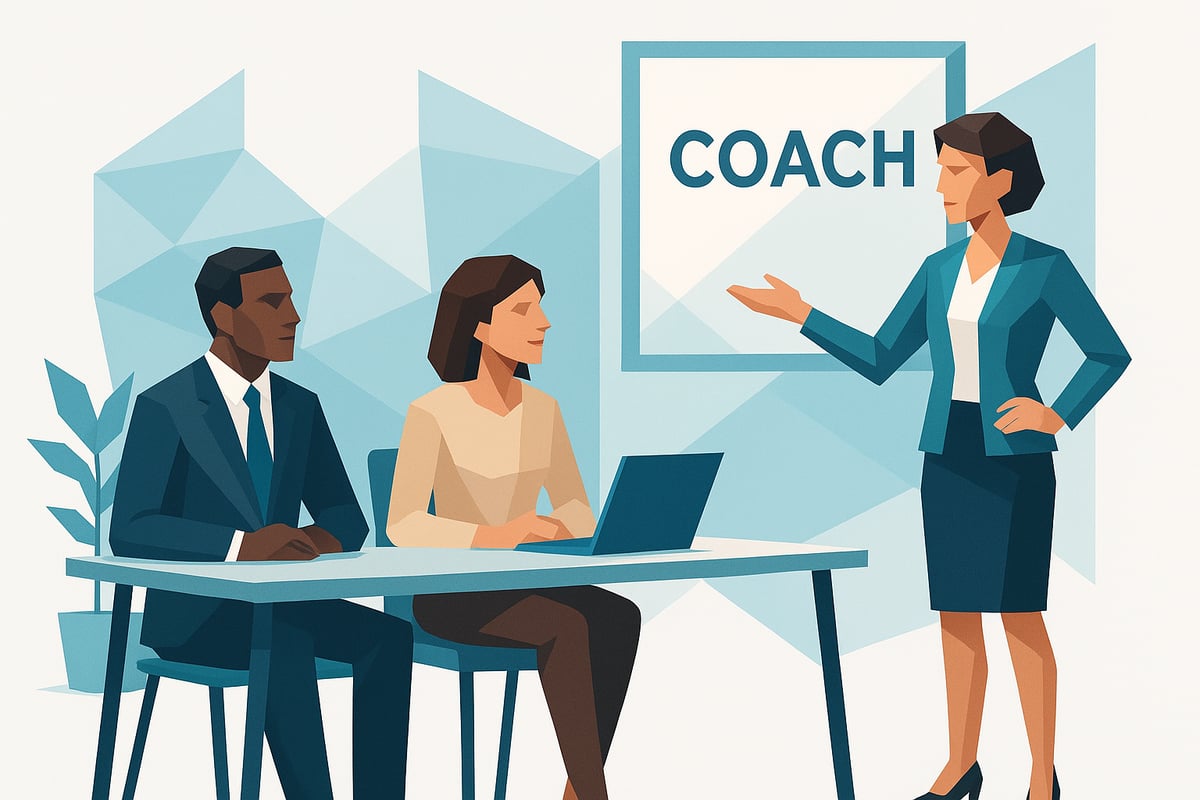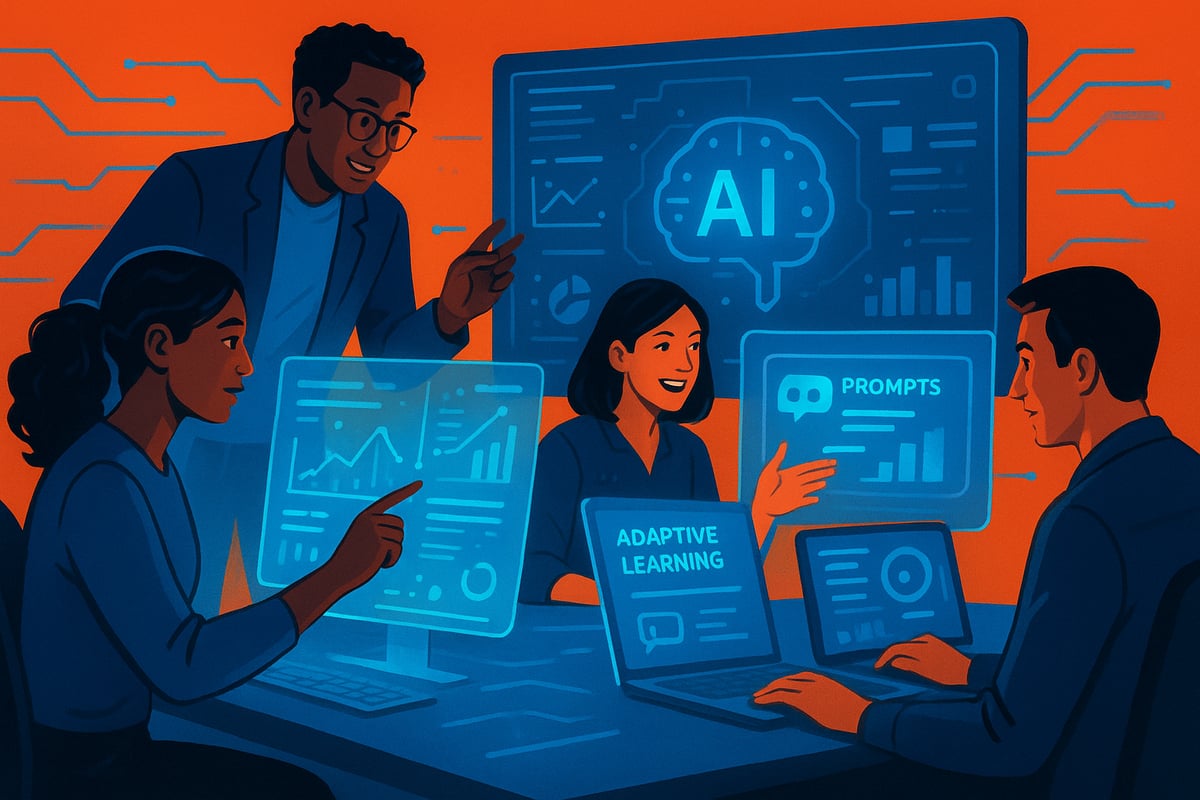Mindfulness and Happiness Coaching in Munich: Your 2026 Guide
Demand for mindfulness and happiness coaching in munich is soaring as more residents and expats seek ways to navigate urban stress and achieve lasting well-being. In 2026, finding the right support for personal growth is more important than ever.
This comprehensive guide is designed to empower you, whether you’re new to coaching or looking to deepen your practice. You’ll learn the fundamentals, discover leading local providers, and get expert tips to transform your life. Ready to take the first step?
Understanding Mindfulness and Happiness Coaching

Defining Mindfulness and Happiness Coaching
Mindfulness and happiness coaching in munich is a unique approach to personal development. These practices are distinct yet work together. Mindfulness coaching centers on present-moment awareness, helping clients focus on what is happening right now. Happiness coaching uses positive psychology, guiding clients to identify their strengths and increase satisfaction.
Unlike therapy or counseling, mindfulness and happiness coaching in munich is action-oriented and does not focus on diagnosing mental health conditions. Instead, it empowers individuals to regulate emotions, build resilience, and pursue meaningful goals. Common methods include mindfulness-based stress reduction and strengths-based happiness exercises.
Studies show mindfulness reduces stress by 30 percent, making these practices both effective and practical for daily life.
Benefits of Mindfulness and Happiness Coaching
The benefits of mindfulness and happiness coaching in munich are both immediate and long-term. Clients often experience improved mental clarity, emotional resilience, and a noticeable boost in happiness. These changes lead to better focus at work, higher productivity, and greater life satisfaction.
For example, many Munich tech professionals report a 25 percent increase in job satisfaction after coaching. Additionally, 68 percent of coaching clients in Germany say their overall well-being improved, according to the ICF Germany 2025 survey.
Clients also gain better coping skills for stress, more positive relationships, and renewed motivation. These outcomes make mindfulness and happiness coaching in munich a powerful investment in personal and professional growth.
How Coaching Differs from Other Well-being Services
Mindfulness and happiness coaching in munich stands apart from therapy, counseling, and self-help. While therapy addresses mental health issues and explores the past, coaching is future-focused. It emphasizes action, accountability, and measurable progress.
Coaching is a partnership model. The coach and client work together, setting clear goals and tracking achievements. Young professionals in Munich often choose mindfulness and happiness coaching in munich because it fills the gap between therapy and self-guided learning.
A strong coach-client fit is essential. This relationship fosters trust and supports proactive growth, making coaching a preferred choice for those ready to move forward.
The Science Behind Mindfulness and Happiness
The effectiveness of mindfulness and happiness coaching in munich is backed by neuroscience and positive psychology. Mindfulness practices have been shown to increase gray matter density in the hippocampus, which supports learning and memory. Positive psychology techniques, such as gratitude and strengths-based interventions, directly enhance happiness levels.
German universities are at the forefront of happiness research, confirming the impact of regular mindfulness on anxiety reduction and emotional well-being. For example, regular mindfulness practice is linked to a 23 percent reduction in anxiety symptoms. A recent systematic review highlights how mindfulness-based programs improve work performance and resilience.
The Growth of Mindfulness and Happiness Coaching in Munich
Munich is experiencing a remarkable surge in mindfulness and happiness coaching in munich. Residents, expats, and corporate teams are increasingly seeking expert guidance to manage stress and improve well-being. According to recent forecasts, the coaching industry in Munich is on track for double-digit growth by 2026.
One standout trend is the 40% rise in certified mindfulness coaches since 2022. This shift is driven by factors such as the demand for better work-life balance, urban stress, and Munich’s open-minded culture. The city is now ranked among the top five in Germany for well-being initiatives, and local businesses are rapidly adopting coaching programs. For those interested in workplace solutions, the Leadership and executive coaching resource details options tailored for Munich’s evolving corporate landscape.
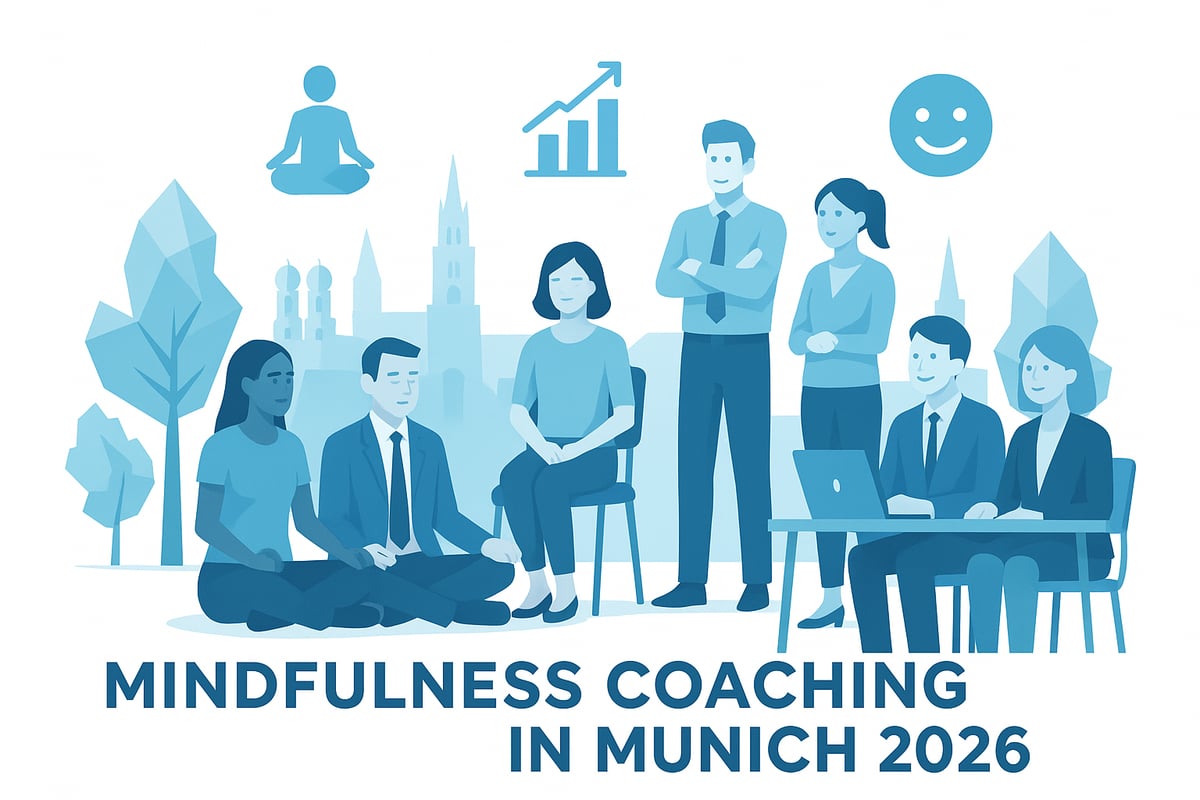
Trends and Demand in Munich
The popularity of mindfulness and happiness coaching in munich continues to climb across all demographics. Corporate teams are investing in coaching to reduce burnout and boost morale. There has been a 40% increase in certified coaches locally since 2022, reflecting both rising demand and expanded training opportunities.
Several factors contribute to this momentum:
- Urban professionals seeking work-life harmony
- Expats adapting to Munich’s dynamic pace
- Companies focusing on employee well-being
Statista (2025) reports Munich among the top five German cities for well-being initiatives, highlighting the city’s leadership in mental health and happiness trends.
Popular Coaching Approaches in Munich
A variety of innovative methods shape mindfulness and happiness coaching in munich. Mindfulness-Based Cognitive Coaching (MBCC) and Acceptance and Commitment Coaching (ACC) are widely practiced. Many providers integrate positive psychology, gratitude exercises, and journaling into their sessions.
Munich startups are particularly active, offering in-house mindfulness programs that blend meditation, breathwork, and practical self-reflection. These approaches cater to both secular and spiritual preferences, ensuring that coaching remains accessible and relevant for everyone.
Group workshops and hybrid models are gaining traction, allowing participants to benefit from peer support while maintaining individual focus.
Who Seeks Mindfulness and Happiness Coaching?
The reach of mindfulness and happiness coaching in munich is broad. Professionals, university students, parents, and retirees all turn to coaching for different reasons. The corporate sector, in particular, values coaching for building resilience and enhancing leadership skills.
Expats often rely on coaching to navigate cultural transitions and manage the fast-paced Munich lifestyle. A recent survey found that 55% of clients are women aged 30-50, reflecting strong interest among mid-career professionals.
Students at Munich universities are also embracing coaching to cope with exam stress and academic pressure, with many reporting improved focus and confidence as a result.
Local Success Stories and Impact
Success stories highlight the transformative power of mindfulness and happiness coaching in munich. One tech entrepreneur credits coaching for a crucial business turnaround, while others have seen reduced absenteeism and higher morale in their workplaces.
Community initiatives, such as group mindfulness sessions offered in both English and German, are making a tangible impact. Local media outlets like Süddeutsche Zeitung describe how mindfulness is reshaping Munich’s work culture for the better.
Step-by-Step Guide: Finding the Right Mindfulness and Happiness Coach in Munich
Finding the perfect fit for mindfulness and happiness coaching in munich may feel overwhelming, but breaking the process into actionable steps makes it much easier. Whether you are a professional, student, or expat, this guide will help you choose a coach who aligns with your goals and lifestyle.

Step 1: Clarify Your Goals and Needs
Before you start your search for mindfulness and happiness coaching in munich, get clear on what you want to achieve. Are you looking to reduce stress, boost life satisfaction, or develop leadership skills? Reflect on your motivation and how you envision working with a coach.
Consider these factors:
- Preferred coaching style (in-person, virtual, group, or one-on-one)
- Specific outcomes you wish to see
- Any language or cultural preferences
For example, a freelancer seeking better work-life balance might prioritize flexible scheduling and a coach familiar with creative industries. Use self-assessment tools or jot down your priorities to help guide your journey. Clear goals are the foundation for a successful coaching experience.
Step 2: Research Accredited Coaches and Programs
Quality matters when it comes to mindfulness and happiness coaching in munich. Look for coaches who hold recognized certifications, such as from ICF Germany or the EMCC, and who invest in ongoing professional development. Accredited coaches adhere to ethical standards and use evidence-based methods.
Resources for finding coaches:
- ICF Germany website
- Local coaching directories
- Recommendations from friends or colleagues
Be cautious of red flags like unclear pricing or lack of credentials. For a streamlined approach, explore the Coach recommendation process to help match you with coaches suited to your needs in Munich.
Step 3: Evaluate Coaching Methods and Philosophies
Not all mindfulness and happiness coaching in munich uses the same approach. Some coaches focus on mindfulness meditation, while others emphasize cognitive-behavioral techniques or gratitude practices.
Questions to consider:
- Do you prefer a secular or spiritual perspective?
- Are you drawn to structured programs or flexible, client-led sessions?
- What techniques have resonated with you in the past?
During discovery calls, ask about the coach’s methods and how they tailor their approach. Method alignment increases your engagement and the likelihood of long-term success.
Step 4: Assess Compatibility and Communication Style
A strong rapport is essential in mindfulness and happiness coaching in munich. Schedule trial sessions or chemistry calls to gauge how well you connect with the coach. Notice if you feel heard and understood.
Points to focus on:
- Language and cultural fit (German, English, bilingual)
- Communication preferences (direct, nurturing, goal-oriented)
- Comfort level discussing personal topics
If you sense a mismatch, do not hesitate to try another coach. According to recent studies, a strong coach-client fit leads to better outcomes and greater satisfaction.
Step 5: Review Costs, Packages, and Scheduling
Understanding the financial and logistical aspects of mindfulness and happiness coaching in munich will help you make an informed decision. Pricing models can vary, including per session rates, packages, or corporate pricing.
Consider these aspects:
- Are sliding scale fees or student discounts available?
- What is the cancellation or rescheduling policy?
- Does your insurance offer any reimbursement?
For example, many coaches in Munich offer flexible options to accommodate different budgets. Think of coaching as an investment in your well-being, with long-term benefits that can outweigh the initial cost.
Step 6: Start Your Coaching Journey and Track Progress
Once you choose your provider for mindfulness and happiness coaching in munich, set clear milestones and decide how you will measure progress. Tools like journals, apps, or regular feedback sessions can help you stay on track.
Tips for ongoing growth:
- Schedule regular check-ins with your coach
- Reflect on your achievements and challenges each week
- Adjust your goals as your needs evolve
A Munich marketing manager, for instance, found weekly reflection exercises invaluable for maintaining focus and motivation. Progress tracking keeps you accountable and maximizes your results.
Step 7: Leverage Community and Group Coaching Options
Group mindfulness and happiness coaching in munich offers unique benefits, such as peer support and shared accountability. Explore local workshops, meetup groups, or online communities.
Examples include:
- English-language mindfulness circles for expats
- Group coaching sessions at community centers
- Virtual workshops for remote workers
Participating in group settings can boost motivation and foster lasting connections.
Top Mindfulness and Happiness Coaching Providers in Munich
Munich’s dynamic landscape is home to a thriving ecosystem of mindfulness and happiness coaching in munich. Residents and expats alike benefit from a wide array of individual experts, established centers, corporate programs, and flexible online solutions. Whether you seek personal development or organizational transformation, Munich offers providers to fit every need.

Leading Individual Coaches
Many of the top-rated providers for mindfulness and happiness coaching in munich are experienced individual coaches with deep expertise in both mindfulness and positive psychology. These professionals often hold certifications from bodies like ICF or EMCC and offer bilingual (German and English) sessions for a diverse clientele.
Typical coach profiles include:
- 15+ years of coaching experience
- Credentials in mindfulness-based cognitive coaching or happiness science
- Personalized approaches, blending meditation, gratitude practices, and emotional regulation
- Client testimonials highlighting improved well-being and life satisfaction
To connect with these coaches, explore local directories, professional associations, or request a discovery call directly through their websites. Choosing an individual coach offers flexibility and tailored support for personal growth.
Renowned Coaching Centers and Studios
Munich boasts several renowned centers specializing in mindfulness and happiness coaching in munich. These studios provide structured group programs, retreats, and workshops in various neighborhoods, making well-being accessible to all.
Key features of top centers:
- Offerings such as Mindfulness-Based Cognitive Therapy (MBCT), Mindfulness-Based Stress Reduction (MBSR), and happiness workshops
- Drop-in sessions and multi-week courses for all levels
- Collaborations with local businesses and universities to expand impact
- Accessibility for both German- and English-speaking participants
These centers foster community and accountability, supporting both individual and group journeys toward greater happiness and resilience.
Corporate and Workplace Coaching Solutions
Organizations increasingly invest in mindfulness and happiness coaching in munich to boost employee well-being and workplace performance. Corporate coaching solutions are tailored for teams, leaders, and executives, focusing on stress reduction, engagement, and leadership development.
Services typically include:
- In-house workshops and ongoing support
- Customizable programs for burnout prevention and resilience
- ROI evidence such as reduced turnover and higher team morale
For a curated list of leading corporate providers, see the Top executive coaching firms — an excellent starting point for Munich businesses seeking proven expertise in workplace well-being.
Online and Hybrid Coaching Options
The demand for flexibility has fueled a rise in online and hybrid mindfulness and happiness coaching in munich. Many Munich-based coaches now offer virtual sessions via Zoom, making support accessible to remote workers and expats worldwide.
Benefits of online and hybrid models:
- Flexible scheduling for busy professionals
- Access to local and international coaching expertise
- Seamless integration of digital tools for tracking progress
Hybrid solutions bridge the gap between in-person connection and digital convenience, empowering clients to sustain well-being wherever they are.
Integrating Mindfulness and Happiness Practices into Everyday Life in Munich
Finding ways to integrate mindfulness and happiness coaching in munich into your daily life can transform the ordinary into the extraordinary. Munich’s fast-paced urban rhythm means residents need practical strategies for well-being. Fortunately, the city’s vibrant coaching scene and community resources make it easier than ever for locals and expats to infuse mindfulness and happiness coaching in munich into their routines.
Daily Mindfulness Routines for Busy Munich Residents
Staying present can be challenging with Munich’s bustling energy. Start your day with a short breathing meditation or mindful stretching. During your commute, whether on the U-Bahn or cycling, focus on your breath or the sensations around you. At work, take two-minute pauses between meetings to center yourself.
Sample Daily Mindfulness Routine:
| Time | Practice |
|---|---|
| Morning | 5-minute meditation |
| Commute | Mindful travel (focus on senses) |
| Lunch | Eat slowly, savor each bite |
| Evening | Reflective journaling |
By weaving mindfulness and happiness coaching in munich into your schedule, you’ll find greater calm and focus regardless of how hectic your day gets.
Happiness Habits Backed by Science
Incorporate happiness-boosting habits into your week to amplify the effects of mindfulness and happiness coaching in munich. Research from the University of Munich shows that a 15-minute gratitude practice can increase happiness by 20%. Start a gratitude journal, jotting down three things you’re thankful for daily.
Acts of kindness, such as helping a neighbor or volunteering at a local charity, also lift your mood. Building social connections, even brief ones, adds another layer of joy. For students, mindfulness training can enhance resilience and academic performance as seen in Mindfulness Training Enhances Academic Resilience.
Leveraging Munich’s Local Resources
Munich offers a wealth of resources for integrating mindfulness and happiness coaching in munich into daily life. Community centers and universities frequently host mindfulness classes, often in both German and English. Public parks like the English Garden provide peaceful settings for outdoor meditation.
You can attend free group sessions at iconic locations such as Odeonsplatz. For hands-on training, the Stress Reduction Through Mindfulness Workshop at TUM offers practical tools for stress relief. Expats will appreciate the range of English-language meetups and support groups.
Overcoming Common Challenges
Many people in Munich struggle with time constraints or skepticism about mindfulness and happiness coaching in munich. Busy professionals can start with micro-practices, like mindful handwashing or brief check-ins before meetings. Parents balancing family life can include children in simple mindfulness exercises, fostering shared well-being.
Consistency is a challenge for 41% of beginners. To stay motivated, set reminders, join a group, or use apps for guided practices. Remember, small steps lead to sustainable habits and lasting results, especially when you anchor them to daily routines.
Additional Resources and Further Learning
Munich’s thriving community offers books, podcasts, and workshops for those wanting more from mindfulness and happiness coaching in munich. Attend the annual Munich Mindfulness Festival or explore ongoing workshops at local centers.
Online courses and local events make it easy to find support and deepen your journey. Whether you’re seeking a group, a mentor, or self-paced learning, Munich provides everything you need to sustain your growth and happiness.
